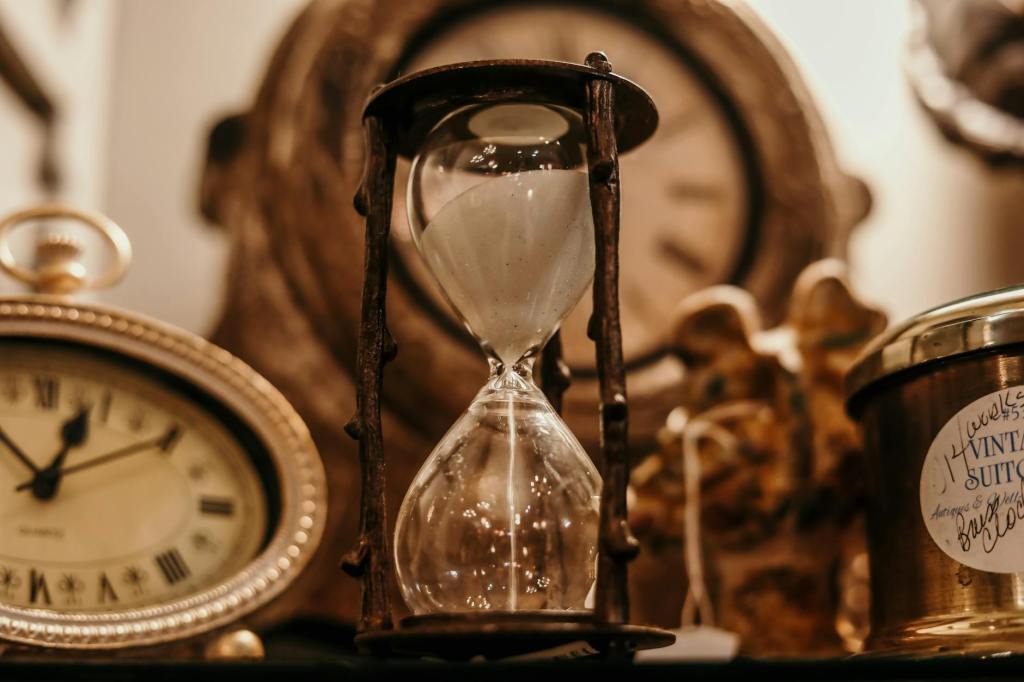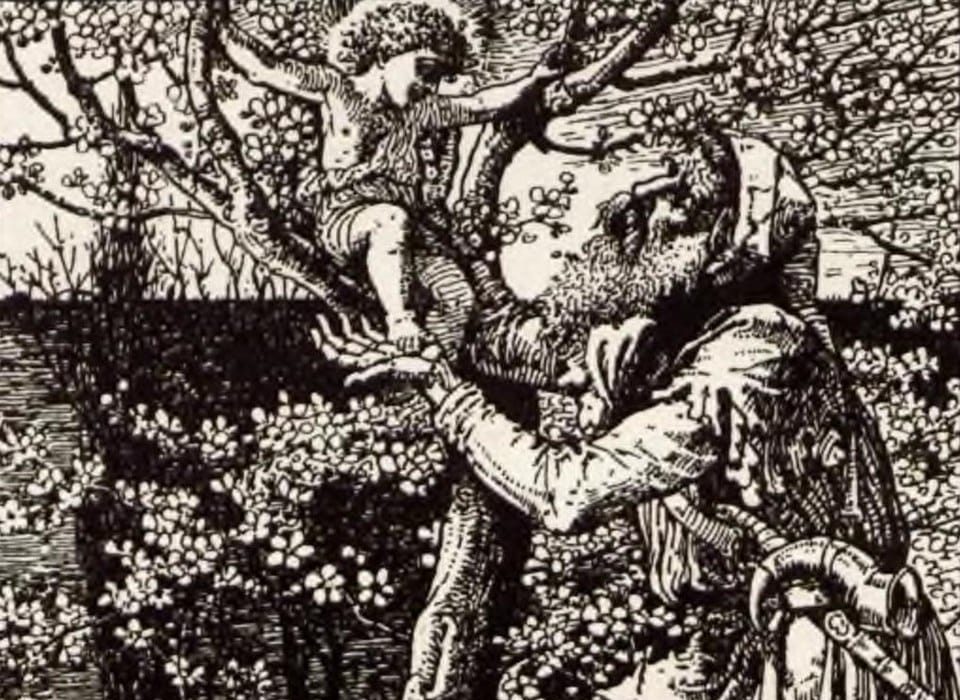It’s true about simmering down as you get older. Those wild nights of imbibing in life’s pleasures until the wee hours of the morning are mostly over. Sometimes a wild one pops up on you and you spend days recovering. Aging has a way of negatively impacting our hobbies and interests. In this post, we are going to analyze how writers May Angelou and Shel Silverstein contend with aging.
Maya Angelou on Aging
Maya Angelou writes in “On Aging” that the warranted sparks that once signaled life. These include things like small talk, which are no longer necessary. “When you see me sitting quietly / Like a sack left on the shelf, / Don’t think I need your chattering. / I’m listening to myself.” As you get older, it seems to be overall preference to prefer a solitary life. Likewise, as time marches on, one grows more appreciation for sitting in a corner by themselves. This is opposed to getting too social.
Moreover Angelou, shares the fear of being forgotten, ignored, or treated differently. It’s something to think about as your loafers come out more and your wrinkles deepen. “When my bones are stiff and aching, / and my feet won’t climb the stair, / I will only ask one favor: / Don’t bring me no rocking chair.” I think this is a good opinion on becoming physically obsolete. It’s okay to sit by yourself in a corner as long as your loved ones understand that’s just what you prefer in life…and not because you are difficult to be around.
Angelou continues, “I’m the same person I was back then, / A little less hair, / a little less chin,” which I suppose means we should revere older people as they were once young too. However, it helps to think that we are different people from who were were. Especially when we think about our late teens and early 20s. And this is as long as we do not harbor grudges against our former selves. It is quite refreshing to remember that we are still alive. Angelou tells us at the climax of her poem: “A lot less lungs and much less wind. / But ain’t I luck I can still breathe in.”
Shel Silverstein on Aging
Aging forces us to consider our youth, which is probably the most cliched reflection in existence. Yet, when we also think about our formative years, it also makes us think of the stories and poems we read as a child. Moreso the stories that grounded us. A Light in the Attic by Shel Silverstein taught us all about verse and poetry, as did Where the Sidewalk Ends.
In A Light in the Attic, Silverstein writes in one of his poems: “Said the little boy, I often cry / The old man nodded. So do I.” This is strangely relevant, as when we get older, tears seem to fall more freely. Our emotions become more real, and we become more intoned with ourselves. We no longer find the necessity to keep up the walls upon reflection.
Silverstein continues: “But worst of all, said the boy, / it seems grown-ups don’t pay attention to me. / And he felt the warmth of a wrinkled old hand. / I know what you mean, said the little old man.” Sometimes we can remember too much, and that’s okay. As we get older, we tend to listen to our inner monologues with more acuteness than anything. Maybe we feel as though we are being ignored, and maybe we feel as though we are no longer important. After all, at some point, our lives have run their course, and we feel like a burden. Aging in this way can make us feel impotent against life’s onslaught. But it’s always important to remember that everybody feels this way–both young and old.
Through verse, Maya Angelou and Shel Silverstein create pathways to see this reality.
Conclusion
As we get older, the reflection process becomes more severe, so we spend more time thinking back on the “glory days” of our lives. Maya Angelou and Shel Silverstein can teach us about this effect. Considering this, we have to be thankful that we are alive, and that if we seem a burden, it’s not that big of a deal, and that we change in our lives and reflect on prior mistakes. With that said, this reflection also allows us to take a prolonged look at what has inhibited us from reaching our peaks. If we correct these particular deficits, then it is probably safe to say that we like ourselves more in our later years than in our younger years. Aging, in this way, makes us more human.
Works Cited
Angelou, Maya. “On Aging.” And Still I Rise. Random House. 1978. Print
Silverstein, Shel. “The Little Boy and the Old Man.” A Light in the Attic. Harper & Row. 1981. Print.





Leave a comment